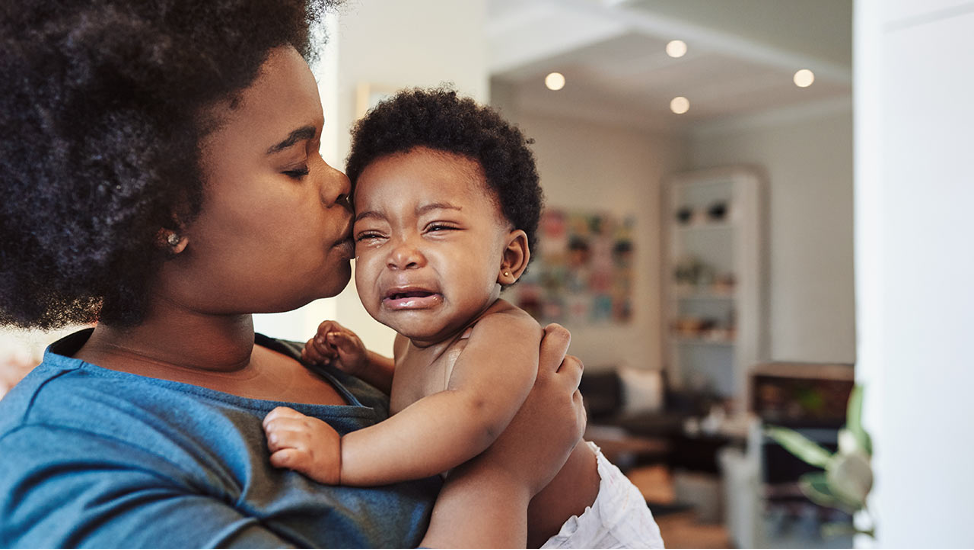One of the most unnerving aspects of the coronavirus pandemic has been the jarring way it has disrupted several parts of daily living. From employment to physical and mental wellness, as well as the care and responsibility of care within families.
For people of color and ethnic minorities, their average financial status is affected by racial discrimination in education and career opportunities and, to put it succinctly, the pandemic and subsequent lockdowns have been a dreadful experience. The ability of black parents to care for their children has been negatively impacted in this age of COVID-19 and some of the struggles of black families in caring for their young include;
-Loss of employment / reduced income
Due to the economic adjustments to the COVID-19 lockdown and the global financial situation, a lot of low-income workers were affected. A significant portion of these workers are black parents and women who became unemployed, had their hours cut back, and experienced an overall reduction in their household income. Without sufficient funds, the conditions and quality of living in these families were impacted. Providing balanced diets for children was harder to achieve and caring for sick babies became harder to do because of the opportunity cost of advanced healthcare while the family lives on a strict budget. The hardship of it all was alleviated through the support received from the stimulus packages, however, the stress remains and threatens to get worse once the stimulus benefits expire.
-Lack of access to healthcare services and Lapses in the health system
In line with the loss of employment is the loss of employment benefits that may hinder the access that most black families have to insured healthcare services. Not having their insurance options and having only limited income creates a burden in the fulfillment of responsibility of care. Beyond the lack of access to healthcare services, the condition of regard (or lack thereof) for black parents in the health system is startling. Not getting the right professionals assigned, wrong prescriptions, and dismissal of symptoms, are some of the problems that black families face in caring for their young ones and the lapses are wider in the age of this pandemic.
-Mental wariness
The financial restrictions surrounding the pandemic take a toll on the mental health of the parents but, other factors like the bleak situation and adaptation to the new routines also have a serious effect. As black parents have to deal with all these issues, they still have to deal with the systemic discrimination that poses a huge problem to the care of their children. It all contributes to the deep mental wariness that affects their interaction with, and care for their children. When the parents aren’t functioning at their optimum, it is difficult for them to fulfill total responsibilities to their children.
In Conclusion
The struggles that black families face in caring for their young ones during these times are largely unspoken, despite the severity of the situation. The mental health of the parents is just as important as the health of the child, and without the right systems in place, black families may bear the brunt of socioeconomic impacts from this age of COVID-19. While the daily struggles of child care for parents are generally understood during these times, the specific impact on black families is an area which needs further examination to inform policy to alleviate the hardships they face. Communal support, homemade remedies (for non-complex illnesses), and the provision of subsidized pediatric healthcare are all essential in easing the burden of black parents at this time.
Sources
AFRUCA – https://afruca.org/wp-content/uploads/2020/10/KEY-ISSUES-FACING-FAMILIES-DURING-COVID-1.pdf
NY TIMES – https://www.nytimes.com/2020/06/29/parenting/coronavirus-black-children-inequality.html
Frontiers In Psychology – https://www.frontiersin.org/articles/10.3389/fpsyg.2020.584645/full
Mental Health Foundation – https://www.mentalhealth.org.uk/publications/impacts-lockdown-mental-health-children-and-young-people

